Report Shows Increased Mental Health Help-Seeking Among Men Over Five Years
On the occasion of Father’s Day 2025, Mpower, an initiative by the Aditya Birla Education Trust, unveiled significant insights into the mental health of men in India. A comprehensive five-year analysis of Mpower’s mental health helpline data, spanning from 2020 to 2024, reveals a consistent increase in male callers. This trend marks a crucial shift in how men are engaging with their emotional well-being, indicating a gradual yet profound erosion of the stigma associated with seeking mental health support in the country.
Over the five-year period, the Mpower helpline has provided a total of 141,212 hours of confidential counseling, underscoring its vital role in delivering mental health support across diverse segments of the population. Key findings from the helpline data highlight that a total of 19,750 male callers were recorded between 2020 and 2025. The year 2024 saw the highest number of male callers, reaching 8,362. Interestingly, the average call duration for men was 7.15 minutes, slightly shorter than the 9.55 minutes observed for women. The helpline received a cumulative total of 114,776 calls from individuals of all genders during this period.
The nature of concerns reported by male callers has notably evolved over the years. In 2020, the primary issues included abuse, low self-esteem, and suicidal ideation. By 2021, the focus shifted, with anxiety and depression becoming the predominant reported concerns. Since 2022, relationship issues have increasingly emerged alongside persistent struggles with anxiety and depression, signifying a broadening range of psychological distress experienced by men.
This changing emotional landscape, particularly evident in the dramatic spike in male callers in 2024, underscores a transformation in how men experience and articulate their emotional vulnerabilities. New fathers, in particular, are increasingly reporting feelings of being overwhelmed, anxious, or isolated. Rima Bhandekar, Clinical Psychologist and Head of the Mpower Helpline, emphasized this critical aspect, stating, “The data from our helpline is a wake-up call. As we celebrate fathers today, we must also acknowledge the silent emotional struggles many of them face. Beneath the image of strength and responsibility often lies unspoken anxiety, self-doubt, and isolation.” She highlighted that these emotions, especially among young, new fathers, are not signs of weakness but clear indicators of mental health distress that demand attention and care.
Bhandekar advocated for a societal shift towards “Acceptance, Action, and Advocacy” to dismantle stigma and foster a mental health ecosystem that supports everyone, irrespective of gender. She stressed the importance of extending mental health resources, such as counseling, emotional support, and peer networks, to fathers as a standard component of care, rather than an exception. Recognizing and addressing their emotional needs, she affirmed, is not indulgent but integral to building resilient families and healthier communities.
For those in need of immediate and confidential support, Mpower’s 1on1 mental health helpline is accessible 24/7 at 1800-120-820050. This service continues to serve as a crucial lifeline, offering a safe and non-judgmental space for thousands to seek and receive help. This Father’s Day, Mpower reiterates its call to families, communities, and policymakers to not only honor fathers but also actively champion their emotional well-being, paving the way for a future where mental health care is universally accessible, normalized, and prioritized as a fundamental aspect of holistic well-being.
Recommended Articles
Unpacking ‘Respect’ in African Homes: Fear or Love?
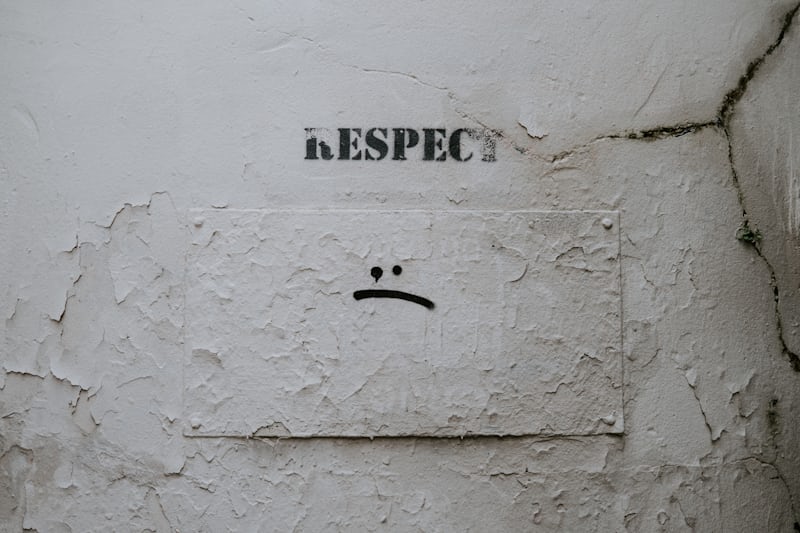
This powerful article explores the complex layers of “respect” in African homes—questioning whether it’s rooted in love ...
New Cancer Survival Journal 'The Battle' Launches

The guided journal "The Battle: Fighting and Surviving Cancer," co-authored by T. Tawanna, Q. Jamison, and Bre Lu, has o...
The Significance of World Bathing Day and Showers as Self-Care Rituals

World Bathing Day on June 22 highlights bathing as a wellness ritual, moving beyond hygiene to mindfulness and sensory c...
Guidance and Discussion on 'Overcoming Conflict at Home'
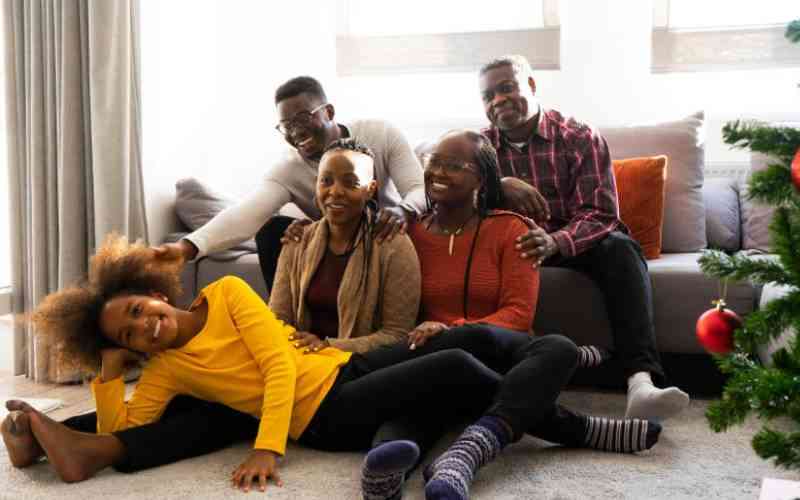
Family disagreements are inevitable, but avoiding difficult conversations can harm relationships and home life. This art...
Hair Transplantation's Impact on Self-Esteem: Smile Hair Clinic's Expertise

Hair transplantation, particularly at Smile Hair Clinic in Turkey, offers a solution to hair loss that goes beyond cosme...
You may also like...
POLITICS:SHOULD POLITICIANS EARN THE MINIMUM WAGE?
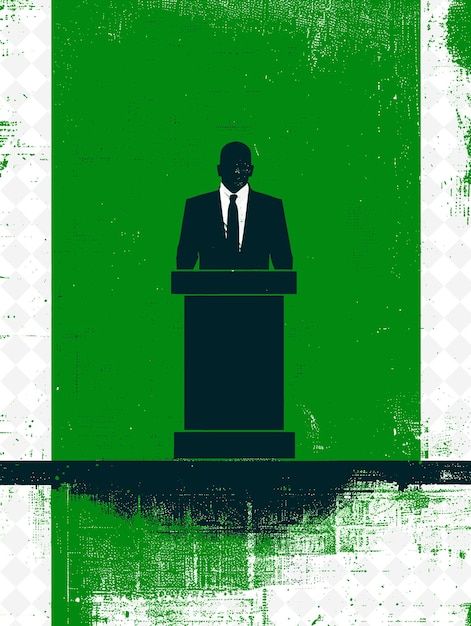
What if your president earned the same as a teacher? This bold essay explores the growing divide between political elite...
Erased or Ignored? The Forgotten Female Heroes of African History”
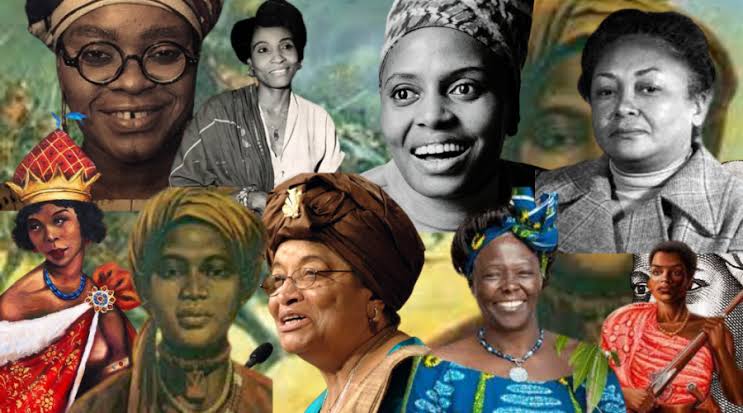
Discover the untold stories of Africa’s forgotten female heroes—from warrior queens and resistance leaders to spiritual ...
Africa's Growth Paradox: Why Booming Economies Aren't Delivering Jobs for Its Youth Majority
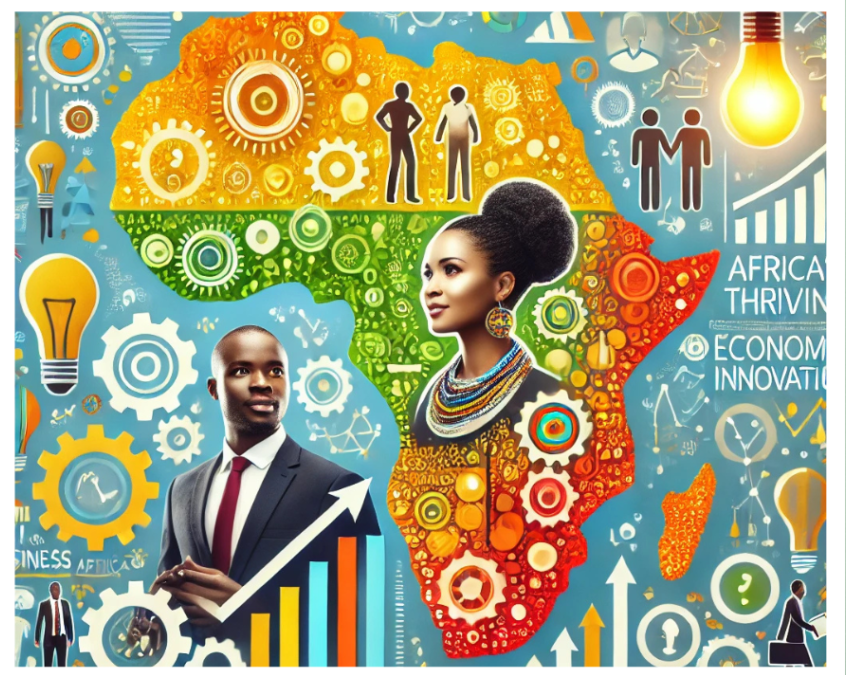
Africa's GDP is rising, but youth unemployment persists. Uncover the disconnect between economic growth and job creation...
Emotional Blackmail in African Homes: Love, Guilt, and Obedience
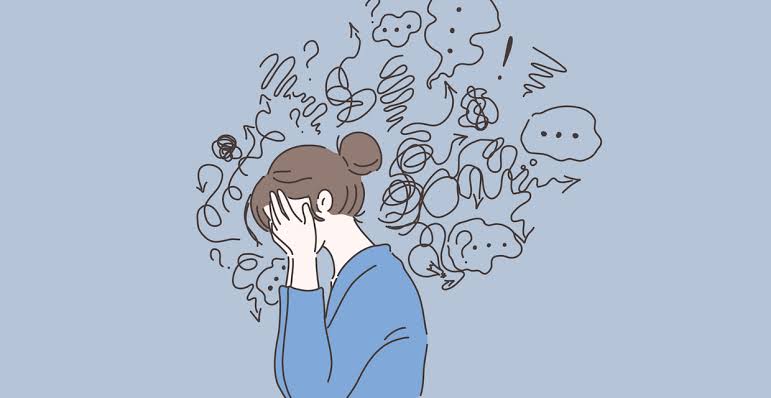
Explore how emotional blackmail shapes relationships in African homes—where love is often tangled with guilt, obedience,...
SOCIAL INSIGHT: IS MARRIAGE STILL RELEVANT IN THE 21ST CENTURY?

Once seen as the ultimate milestone of adulthood, marriage is now being questioned, redefined, and reimagined. This essa...
Urban African Youth and the Rebirth of Cultural Identity
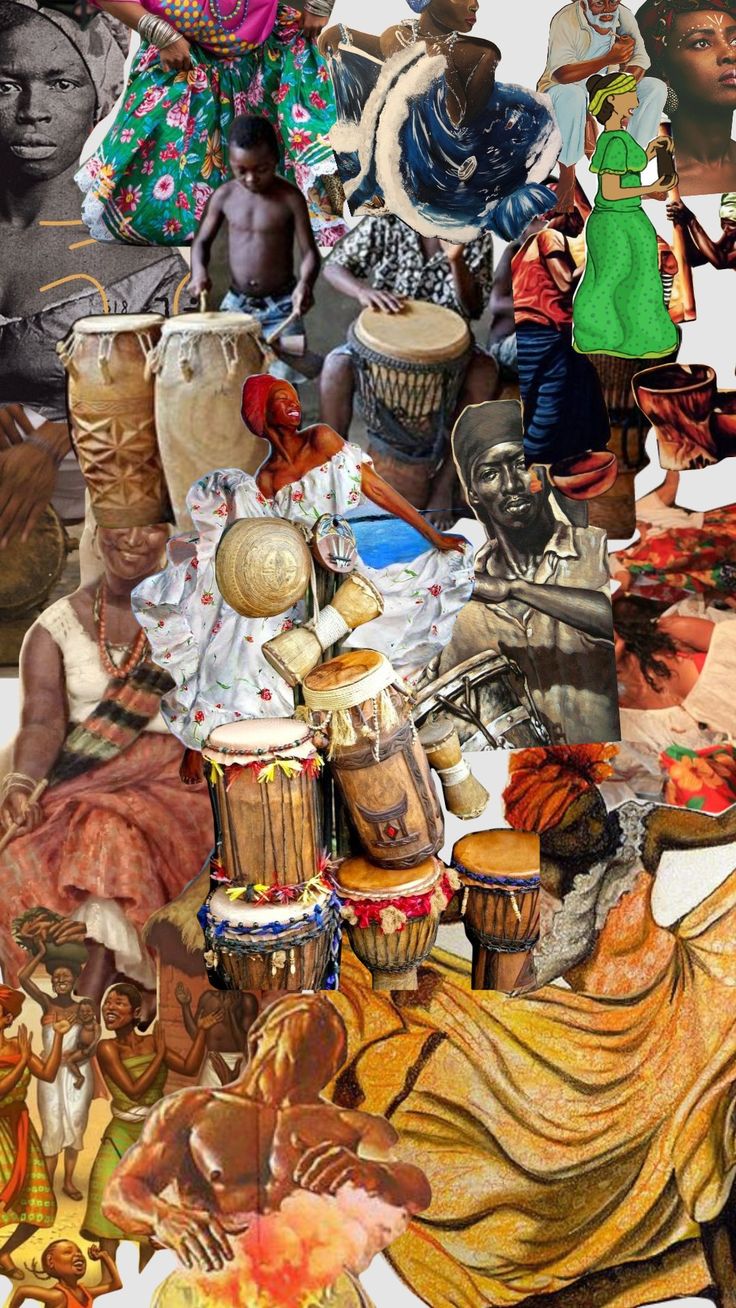
Urban African youth are redefining cultural identity through music, fashion, technology, and activism. From Kenya to Sou...
What Happens to African Girls Who Say No?
(3).jpeg)
Explore the struggles and resilience of African girls who dare to say no to forced marriage, gender-based violence, and ...
The African Dream Is Still to Leave Africa

For many young Africans, the dream isn’t to build Africa — it’s to leave it. This piece explores why the African Dream o...